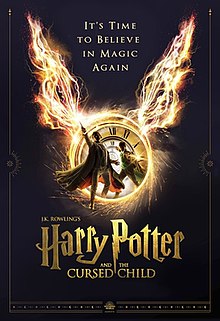Coelho was born in Rio de Janeiro, Brazil and attended a Jesuit school. As a teenager, Coelho wanted to become a writer. Upon telling his mother this, she responded, "My dear, your father is an engineer. He's a logical, reasonable man with a very clear vision of the world. Do you actually know what it means to be a writer?" At 17, Coelho's introversion and opposition to following a traditional path led to his parents committing him to a mental institution from which he escaped three times before being released at the age of 20.[2][3] Born into a Catholic family, his parents were strict about the religion and faith.[4] Coelho later remarked that "It wasn't that they wanted to hurt me, but they didn't know what to do... They did not do that to destroy me, they did that to save me."[5] At his parents' wishes, Coelho enrolled in law school and abandoned his dream of becoming a writer. One year later, he dropped out and lived life as a hippie, traveling through South America, North Africa, Mexico, and Europe and started using drugs in the 1960s.[6][7]
Upon his return to Brazil, Coelho worked as a songwriter, composing lyrics for Elis Regina, Rita Lee, and Brazilian icon Raul Seixas. Composing with Raul led to Coelho being associated with magic and occultism, due to the content of some songs.[8] In 1974, by his account, he was arrested for "subversive" activities and tortured[9][10] by the ruling military government, who had taken power ten years earlier and viewed his lyrics as left-wing and dangerous.[5] Coelho also worked as an actor, journalist and theatre director before pursuing his writing career.[8]
Coelho married artist Christina Oiticica in 1980. Together they had previously spent half the year in Rio de Janeiro and the other half in a country house in the Pyrenees Mountains of France, but now the pair reside permanently in Geneva, Switzerland.[11]
In 1986 Coelho walked the 500-plus mile Road of Santiago de Compostela in northwestern Spain.[6][12] On the path, he had a spiritual awakening, which he described autobiographically in The Pilgrimage.[13] In an interview, Coelho stated "[In 1986], I was very happy in the things I was doing. I was doing something that gave me food and water – to use the metaphor in The Alchemist, I was working, I had a person whom I loved, I had money, but I was not fulfilling my dream. My dream was, and still is, to be a writer."[14] Coelho would leave his lucrative career as a songwriter and pursue writing full-time.
The Pilgrim – Story of Paulo Coelho is the international title for the biographical film Não Pare na Pista, a co-production between Brazil’s Dama Filmes and the Spanish Babel Films, in which the younger and older Coelho is played by two different actors. One of the producers, Iôna de Macêdo, told Screen International: "The film tells the story of a man who has a dream. It's a little like Alice in Wonderland – he's someone who is too big for his house." The film, shot in Portuguese, had its premiere in Brazilian Theaters on 2014, and was internationally distributed in 2015.[15]












